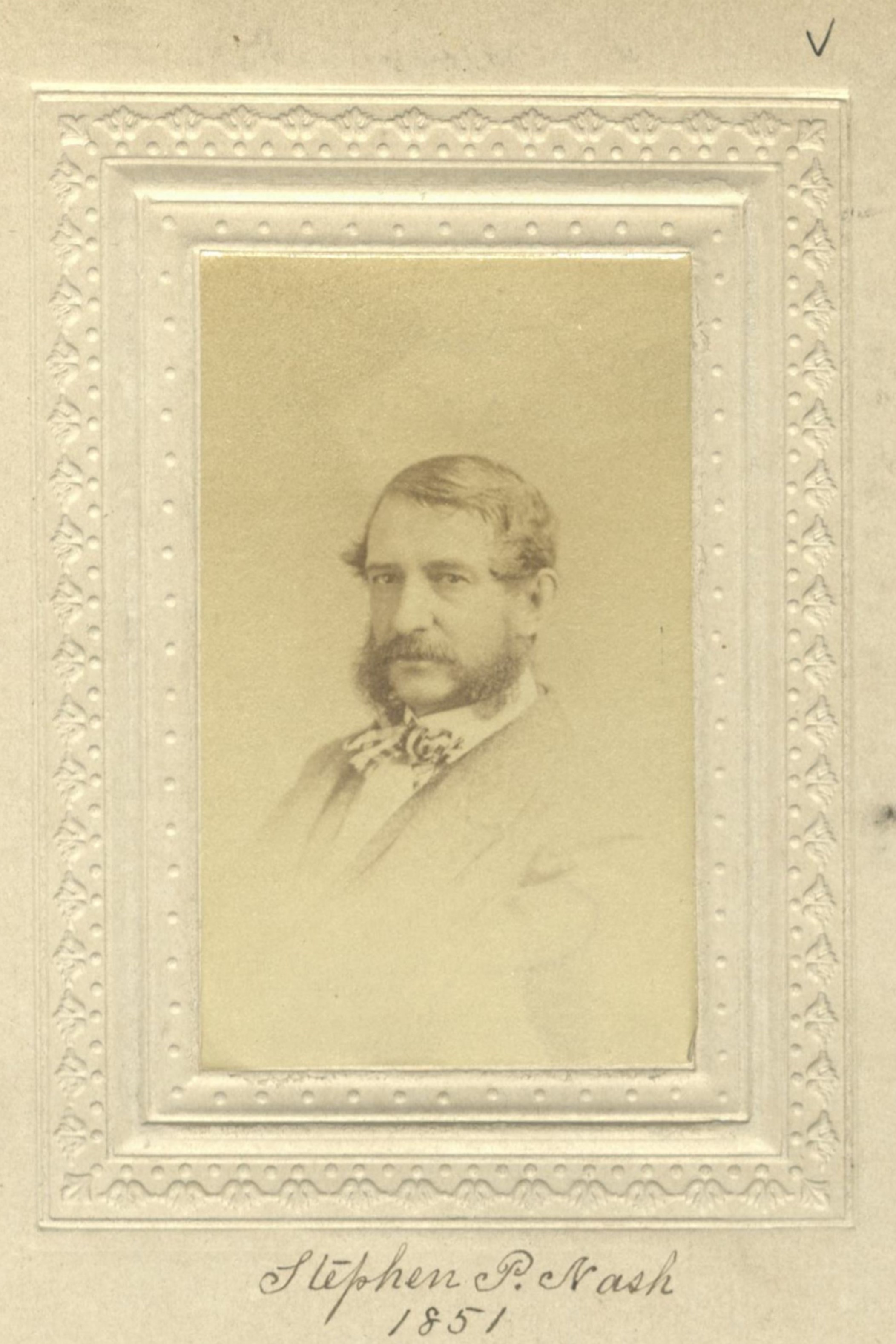Member Directory,
1847 - 1922
Charles A. Peabody
Lawyer
Centurion, 1888–1901
Fordyce Barker and Stephen P. Nash
Sandwich, New Hampshire
New York (Manhattan), New York
Age seventy-three
Hyde Park, New York

Century Memorial
Although Judge Charles Augustus Peabody joined The Century late in life—he was already seventy-four [sic]—his venerable form and amiable countenance had been familiar to its members for many years when he died last summer at the age of eighty-seven [sic]. He was born in New Hampshire in 1814, studied law in Baltimore and at Harvard, and entered on the practice of his profession in this city in 1839. His most important public service, and one of peculiar difficulty and value, was rendered in the State of Louisiana, after the occupation of New Orleans by the Union armies in 1862. He was appointed by President Lincoln, at the urgent solicitation of Secretary Seward, to be Judge of the Provisional Court of Louisiana, charged especially with the adjudication of claims of foreign residents resulting from military occupation and the suspension of civil government, with which the State Department was overwhelmed. The court had practically universal jurisdiction, original and appellate, with authority to transfer any case from any other court, “its judgment to be final and conclusive.” And Judge Peabody was the Court, with the army and the navy to execute his orders. Subsequently he was appointed Chief Justice of the Supreme Court of Louisiana and of the Criminal Court of New Orleans. It is proof of the high qualities of his mind and heart that not only was the State Department relieved of embarrassment, but that the hostile population of Louisiana soon learned to accept Judge Peabody’s decisions with confidence and gratitude. He was upright, open-minded, patient in hearing both sides, clear and penetrating in intellect, and firm in what he believed to be right. Judge Peabody returned to New York in 1866, and continued the practice of the law until the time of his death. He was much interested and widely learned in international law. He was a member and long a Vice-President of the Association for the Reform and Codification of the Law of Nations, and spent a large part of his summer vacations in Europe in the pursuit of the objects of the Association. He was a devoted member of the Episcopal Church, and for many years was warden of the church at North Conway in his native State. It was in connection with this service that the Bishop of New Hampshire described him as the “fairest, truest, most reason able of men.”
Edward Cary
1902 Century Association Yearbook


